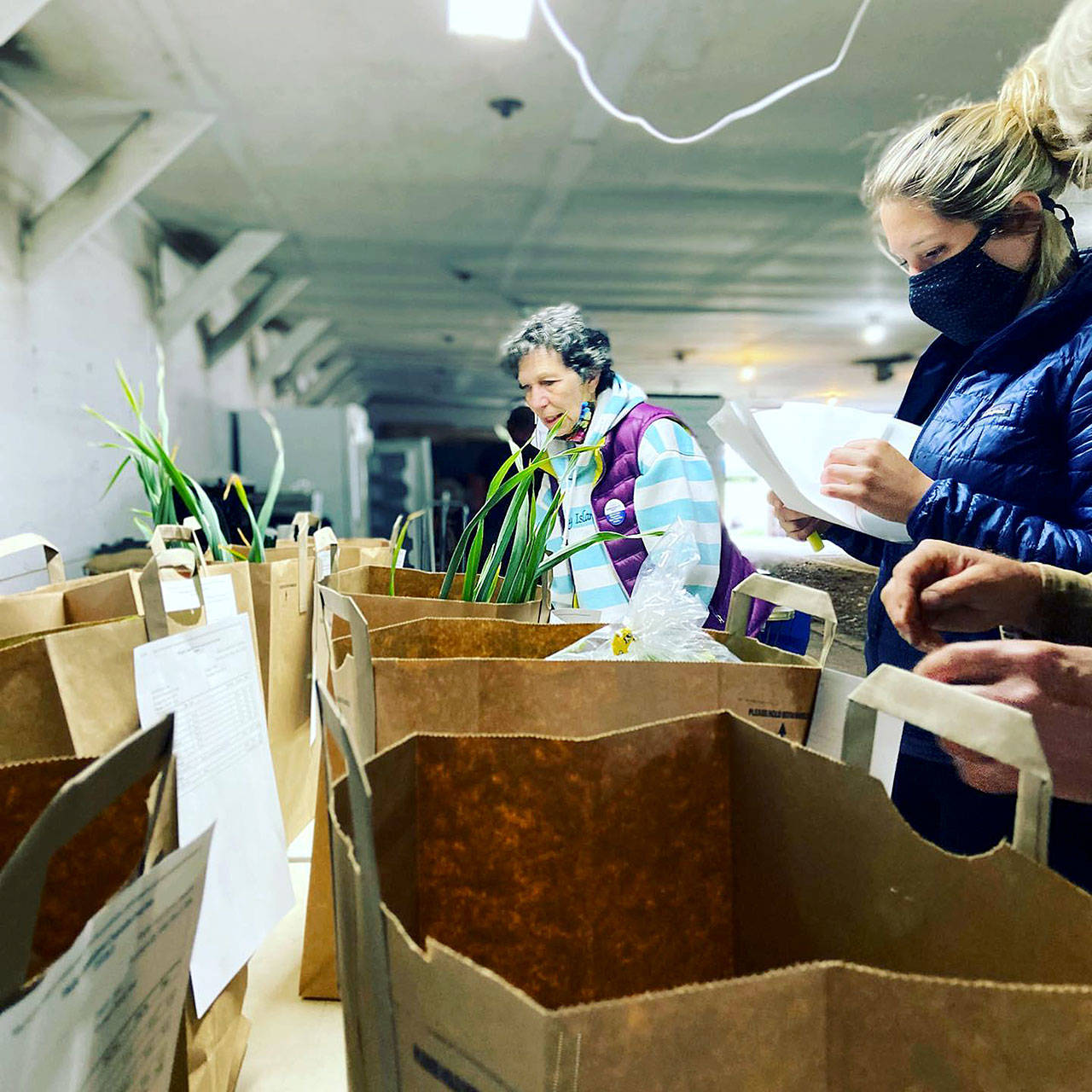An organization dedicated to supporting Whidbey agriculture has opened sales of produce and other products to retail customers, a decision made in light of COVID-19.
Whidbey Island Grown started the new program called the Food Hub about a month ago. It’s the first program for the organization as a multi-stakeholder cooperative for farmers, business partners and supporters.
Board member Shannon Bly said the original plan was not to start with retail sales, but the overwhelming demand on farmers during the coronavirus outbreak affected the decision.
“The coronavirus has really shown us what can happen if a meat-packing facility has to shut down,” Bly said.
“It’s scary to feel like you can’t access food.”
Most of the 23 producers providing the products are from the island, with a few providing dairy options from neighboring counties.
Orders can be placed Friday through Tuesday on the website, whidbeyislandgrown.com. Customers need not be members of the cooperative and there is no minimum purchase required.
Bly said the Food Hub, which has been perfected in other counties, is not a new concept. Buyers don’t need a subscription and it’s not like a CSA box. They can choose their own products and pick them up 3-5 p.m. Fridays at one of three local food stands: Bell’s Farm, Sherman’s Farm or Mutiny Bay Blues.
Products change weekly, and chocolates, cleaning products and jams are also available in addition to fruits and veggies.
The Food Hub also provides an opportunity for people from opposite ends of the island to try products from different parts of Whidbey.
“When you look on there, this is what is actually available here on our island at the time,” Bly said.
Kyle Flack, co-owner of Bell’s Farm in North Whidbey, agreed that Whidbey Island Grown’s newest program has helped form a “convenient one-stop for local food.”
Its popularity has been a positive side effect of a really awful thing, he said, as orders from his farm have doubled over the past week.
The pandemic has illuminated what he referred to as a glaring weakness in large-scale farming.
“My prices haven’t changed because of coronavirus,” Flack said. “This is a really good opportunity for small farmers to show their value.”
He added that cheaper sticker prices of food in grocery stores can have hidden costs that are borne in other ways, such as environmental harm.
“We can really make a strong resilient food economy that’s not going to be rocked by things like coronavirus if everyone is invested,” Flack said.
Bly agreed.
“I think it’s really important to invest in these new ideas in our local and regional food systems,” she said.
Wholesale for the Food Hub program will be starting this week, meaning restaurants and other businesses will be able to purchase products and have them delivered.
Retail sales will continue through the end of the year, Bly said.
Over 70 orders were placed the week before last.



